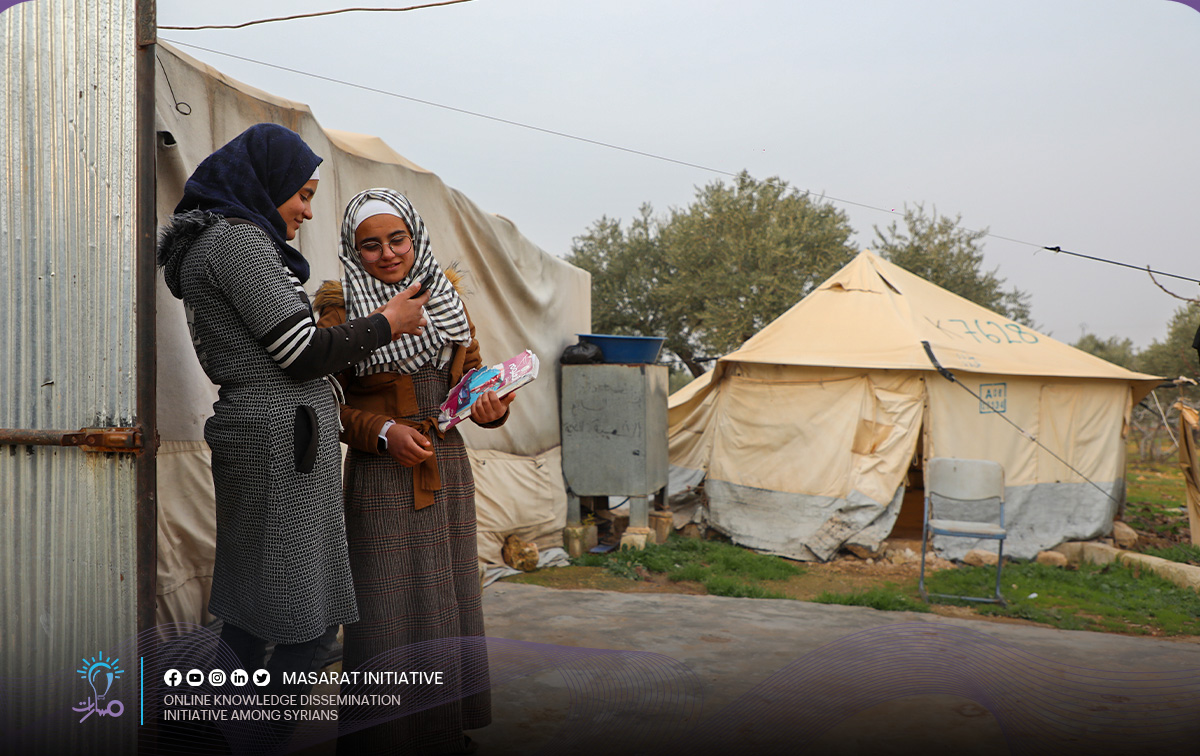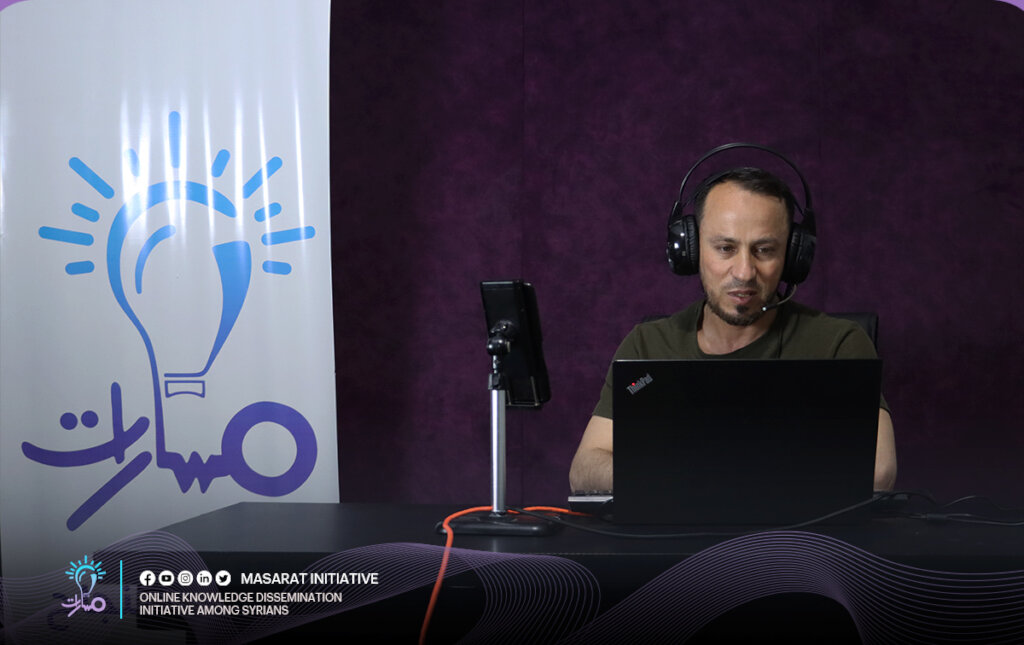In Islam, Zakat is one of the Five Pillars, a divine command to purify wealth and help those in need. This act of charity promotes economic justice and alleviates poverty.
The Prophet Muhammad (peace be upon him) said, “Whoever pays the Zakat on his wealth will have its evil removed from him” (Sahih Bukhari).
In Singapore, it is essential for Muslims to understand the rules and conditions of Zakat, including the Nisab threshold and payment methods.
This Article provides insights into the calculation, distribution, and significance of Zakat Money in Singapore , ensuring the duty is fulfilled correctly.
What is the Rule for Zakat Money?
Zakat is a mandatory form of Sadaqah for eligible Muslims, calculated as a percentage of certain types of wealth.
It purifies wealth and assists those in need, ensuring social equity.
What are the Four Conditions of Zakat Money in Singapore?
Four Conditions of Zakat in Singapore
- Ownership: The individual must have complete ownership of the wealth.
- Minimum Amount (Nisab): The wealth must exceed the Nisab, the minimum threshold.
- One Lunar Year: The wealth must be held for one full lunar year.
- Intention: The intention (niyyah) to p ay Zakat must be made at the time of payment
Where Does the Money in Zakat Go To in Singapore?
In Singapore, Zakat funds are managed by the Islamic Religious Council of Singapore (MUIS).
The funds are distributed to the eight categories of recipients known as the 8 Asnaf. These categories are:
- Fuqara‘ (The Poor): Those who have insufficient means to meet their basic needs.
- Masakin (The Needy): Those who are in difficulty and lack sufficient resources.
- Amil (Zakat Administrators): Individuals who collect and distribute Zakat.
- Muallaf (New Muslims): Converts to Islam who may need support to strengthen their faith.
- Riqab (Those in Bondage): Historically, this referred to the emancipation of slaves. In modern contexts, it includes helping people out of servitude-like conditions.
- Gharimin (Debtors): Individuals overwhelmed by debts due to pressing needs.
- Fi Sabilillah (In the Cause of Allah): Those striving in the path of Allah, including activities that benefit the community.
- Ibnus Sabil (Wayfarers): Stranded travelers in need of assistance.
Asnaf Zakat Al-mal8
The 8 Asnaf are the designated recipients of Zakat as mentioned above.
These groups ensure that Zakat is used to support those most in need and to promote social welfare within the Muslim community.
Zakat Mal Calculator in Singapore
Calculating Zakat Mal (Zakat on wealth) can be complex, but MUIS provides an online Zakat calculator to help Muslims determine their obligatory Zakat.
The calculator considers various types of wealth, including cash, savings, investments, and gold, ensuring accurate calculation based on the current Nisab value.
Nisab Zakat Al-mal
Nisab is the minimum amount of wealth a Muslim must possess before they are liable to pay Zakat.
For Zakat al-Mal (Zakat on wealth), the Nisab is equivalent to the value of 87.48 grams of gold or 612.36 grams of silver. This threshold ensures that only those who have a surplus of wealth contribute to Zakat.
Percentage of Zakat in Singapore
The standard rate of Zakat on money is 2.5%. This rate applies to cash savings, gold, silver, stocks, and other liquid assets that have been in possession for a lunar year.
The 2.5% is calculated on the total amount of wealth that exceeds the Nisab threshold.
What is the Zakat Rate in Singapore?
In Singapore, the rate of Zakat remains consistent with the global Islamic guidelines, which is 2.5% of the total qualifying wealth.
The administration of Zakat is managed by institutions such as the Islamic Religious Council of Singapore (MUIS), ensuring that the collected Zakat is distributed appropriately to eligible recipients.
What money Do You Give Zakat Money in Singapore?
In Singapore, Zakat is due on various forms of wealth, including:
- Cash Savings: Any money saved in bank accounts or held in cash form.
- Gold and Silver: Physical gold and silver, as well as investments in these precious metals.
- Investments: Stocks, shares, and other investment portfolios.
- Business Assets: Profits and assets from business ventures.
- Income: Salaries and other forms of regular income, after necessary expenses.
Zakat on Money Owed to You
Money that is owed to you is subject to Zakat if it is expected to be repaid. This includes loans given to others.
If the loan is considered recoverable, you should include it in your Zakat calculation and pay 2.5% on it once you receive it. If the repayment is doubtful or not expected, it is not included until it is recovered.
Zakat on Borrowed Money
Zakat is not required on money that you have borrowed, as it is not considered your wealth.
However, if you have borrowed money to invest and it generates a profit, the profit is subject to Zakat.
Zakat on Money Invested in a Business
Money invested in a business is subject to Zakat. This includes the value of inventory, cash on hand, and profits generated.
The calculation is based on the net assets of the business after deducting liabilities.
Business owners must assess their business assets at the end of the lunar year and pay 2.5% on the net amount.
How to Pay Zakat Momey in Singapore?
To pay Zakat in Singapore, you can follow these steps:
- Calculate Your Zakat: Determine your total qualifying wealth and ensure it exceeds the Nisab threshold.
- Use MUIS Services: Utilize the Zakat calculation tools provided by MUIS to accurately calculate your Zakat obligation.
- Make the Payment: Zakat can be paid through various channels, including online platforms, bank transfers, or directly at designated collection centers.
- Ensure Proper Distribution: MUIS ensures that the collected Zakat is distributed to the rightful recipients, including the poor, needy, and other eligible categories.
Masarat Initiative for Education and Youth Empowerment in Northern Syria
Driven by our humanitarian and community duties, Masarat Initiative was established to support children and youth in Northern Syria in the areas of education, care, and other related services.
Our entirely free initiative targets the most affected groups such as orphans, individuals with special needs, those who have been out of education for extended periods, and residents of displaced persons camps.
Masarat Initiative is distinguished by its openness to donations and humanitarian contributions.
Those who wish can contribute by donating their gold zakat to the initiative’s fund, providing support and aid to our children, potentially opening a door to a future that rescues them from their current suffering and deprivation.









